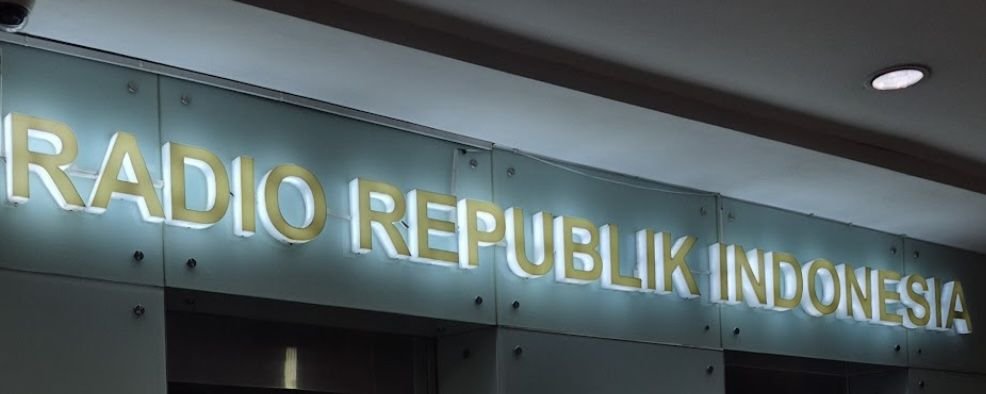Antigua Broadcasting Service
The Antigua Broadcasting Service is the state-controlled broadcaster of Antigua and Barbuda, operating one radio station and one television channel. The service was officially organized in February 1956, with shortwave programming inaugurated in 1957 and radio broadcasts beginning in June 1962. In May 2024, China Media Group (中央廣播電視總台), the state broadcaster under the direct control of the Chinese Communist Party’s Central Propaganda Department, donated video cameras and media equipment to ABS.









